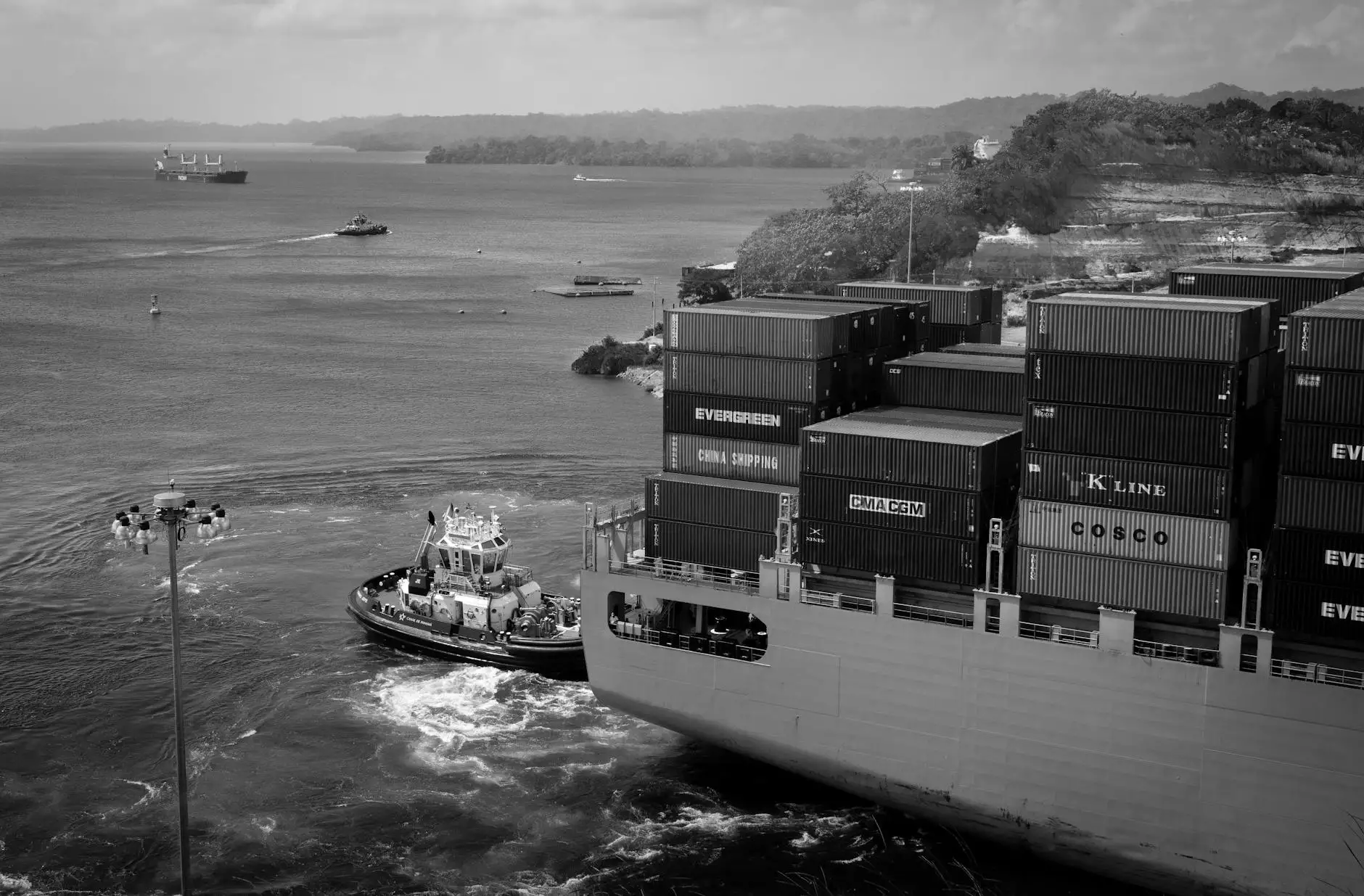The Intricacies of International Cargo Prices in the Shipping Industry

In the dynamic world of global trade and commerce, the movement of goods plays a critical role in ensuring the smooth functioning of businesses. One of the key factors that influence this movement is international cargo prices. Understanding the complexities of pricing in the shipping industry is essential for businesses to make informed decisions and optimize their supply chain operations.
Importance of Shipping Centers
Shipping centers serve as crucial hubs that facilitate the storage, consolidation, and distribution of goods. These centers act as strategic locations where cargoes are received, sorted, and dispatched to their final destinations. Efficient operations at shipping centers are vital for minimizing costs and ensuring timely delivery of goods.
Role of Transportation in International Cargo Prices
The transportation of goods is a key component in determining international cargo prices. Various modes of transportation, such as air, sea, and land, offer different cost structures and transit times. Air transport is known for its speed but comes at a premium cost, while sea transport is more economical for bulk shipments but may have longer transit times. Businesses must evaluate these factors to choose the most cost-effective transportation mode based on their requirements.
Impact of Airports on International Cargo Pricing
Airports play a significant role in the pricing of international cargo services, particularly for time-sensitive shipments. Major airports with extensive cargo-handling facilities and efficient customs clearance processes can influence pricing by providing faster throughput and reduced dwell times. The proximity of airports to shipping centers and transportation networks also affects pricing, as shorter distances can lead to lower overall costs for cargo handling.
Factors Affecting International Cargo Pricing
Several factors contribute to the determination of international cargo prices, including fuel costs, exchange rates, seasonal demand, customs duties, and insurance expenses. Fluctuations in these variables can impact pricing dynamics, making it essential for businesses to stay informed and adapt their shipping strategies accordingly.
Strategies for Managing International Cargo Costs
To optimize international cargo prices, businesses can employ various strategies to control costs and enhance efficiency. These strategies may include route optimization, volume consolidation, contract negotiations with carriers, and utilization of technology for real-time tracking and monitoring of shipments. By implementing these best practices, businesses can streamline their supply chain operations and achieve cost savings in their international cargo movements.
Conclusion
International cargo pricing is a multifaceted aspect of the shipping industry that requires careful consideration and strategic planning. By understanding the complexities of pricing mechanisms and leveraging factors such as shipping centers, transportation modes, and airports, businesses can navigate the global trade landscape more effectively and drive value in their supply chain operations.
For more information on international cargo prices and how they impact the shipping industry, visit cargobooking.aero.









